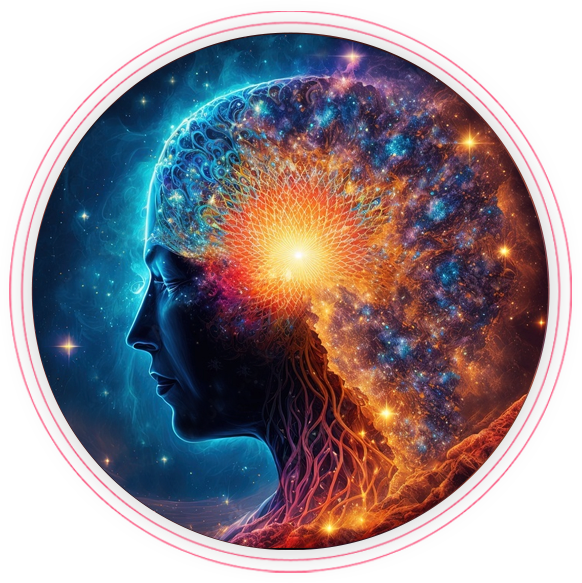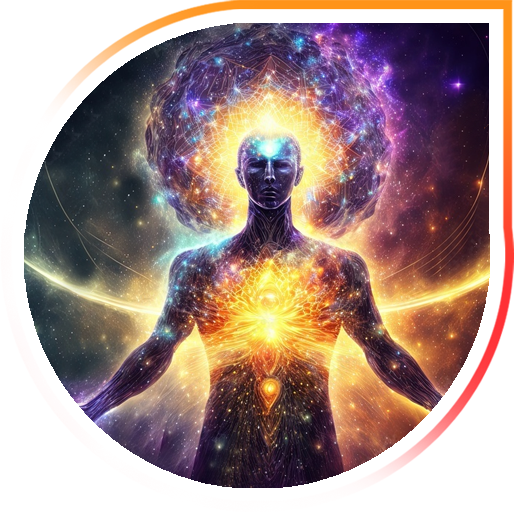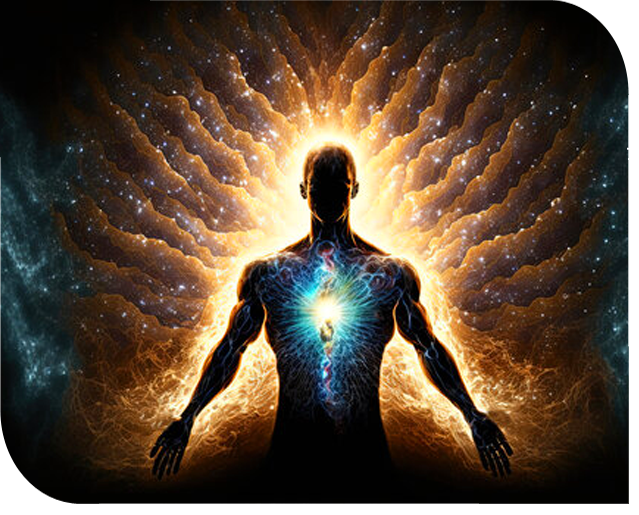Opiate
Trauma


Can Ibogaine Heal Trauma
Connected to Opiate Addiction
Addiction is often rooted in trauma. Trauma can manifest in various forms, such as childhood abuse, neglect, emotional or physical trauma, and can lead to the development of mental health disorders, including depression, anxiety, and post-traumatic stress disorder (PTSD). Opiate addiction is a condition that is difficult to treat due to its vcomplex nature and the challenges of long-term recovery. Ibogaine treatment is shown to address the underlying causes of addiction, including trauma, by providing a profound and transformative experience.
Ibogaine works by altering brain chemistry and resetting neural pathways. The drug has been found to bind to various receptors in the brain, including the NMDA receptor, which is involved in memory and learning, and the kappa opiate receptor, which is associated with stress and anxiety. This binding is thought to produce a range of effects, including reducing cravings, decreasing withdrawal symptoms, and inducing a dream-like state that allows individuals to process unresolved emotional issues.
One of the key ways in which ibogaine is said to heal trauma is by promoting introspection and self-reflection. The medicine induces a deep and introspective state that can last up to 24 hours. During this time, individuals may experience vivid and intense visions, memories, and emotions. They may be able to explore their past experiences and emotions in a safe and supportive environment, allowing them to gain insight and understanding into their addiction and the underlying trauma that may have contributed to it. This process can be challenging and emotional and is profoundly transformative and healing.
Another way in which ibogaine is shown to heal trauma is by resetting the brain’s reward system. Addiction is characterized by changes in the brain’s reward system, which can lead to a strong desire to continue to use drugs despite the negative consequences. Ibogaine has been found to reset this system, reducing cravings and increasing feelings of well-being and contentment. Ibogaine treatment help individuals break free from the cycle of addiction and focus on long- term recovery.
Resetting the Brain’s
Reward System
Ibogaine works to treat addiction by resetting the brain’s reward system. Addiction is often characterized by changes in the brain’s reward circuitry, which leads to increased cravings for the addictive substance and decreased motivation to engage in other activities.
Studies have shown that ibogaine help to restore the brain’s reward circuitry by promoting the growth of new neurons and synapses in key regions of the brain, such as the prefrontal cortex and the hippocampus. This process, known as neurogenesis, has been shown to play a role in reducing drug-seeking behavior and improving mood and cognitive function. Additionally, ibogaine has been shown to increase levels of brain-derived neurotrophic factor (BDNF), a protein that is involved in regulating neuronal growth and plasticity. Low levels of BDNF have been linked to addiction and other mental health disorders, and increasing BDNF levels may help to restore normal brain function and reduce addictive behavior.

Interacting with Opiate
Receptors
Another way ibogaine works to treat opiate addiction is that it interacts with certain receptors in the brain that are involved in addiction and withdrawal, such as the mu opioid receptor and the NMDA receptor.
Studies have shown that ibogaine acts as a partial agonist at the mu opiate receptor, meaning that it binds to the receptor and produces some of the same effects as opiate, but to a lesser degree. This interaction helps to reduce cravings for opioids and ease withdrawal symptoms, without producing the same level of dependence and tolerance that opioids can cause. Additionally, ibogaine has been shown to interact with the NMDA receptor, which is involved in regulating synaptic plasticity and learning and memory.

Reducing Anxiety
and Depression
Finally, researchers have shown that ibogaine helps to treat addiction by reducing anxiety and depression, which are common co-occurring disorders in individuals with addiction. Studies have shown that ibogaine increases levels of serotonin and other neurotransmitters that are involved in regulating mood and emotion.
Additionally, ibogaine has been shown to produce a dissociative state in some individuals, which helps to reduce anxiety and promote introspection and self-reflection. Studies have indicated that modulating NMDA receptor activity may play a role in reducing drug-seeking behavior and improving cognitive function in individuals with addiction.
What’s the difference between an opiate and an opioid?
The terms opiate and opioid are often used interchangeably, but they have slightly different meanings.
Opiates refer to a specific class of drugs that are derived from the opium poppy plant, including drugs like morphine, codeine, and heroin. These drugs are often used for pain relief, but they can also be highly addictive and have a high potential for abuse.
Opioids, on the other hand, are a broader class of drugs that includes both natural and synthetic substances that interact with the body’s opioid receptors, producing effects similar to those of opiates. This includes drugs like oxycodone, hydrocodone, fentanyl, and methadone.
While all opiates are opioids, not all opioids are opiates. Synthetic opioids, for example, are not derived from the opium poppy plant but are still considered opioids because they interact with the body’s opioid receptors.
In general, the term opioid is often used to refer to the broader class of drugs, while the term opiate is more specific and refers only to drugs that are derived from the opium poppy plant.
Please contact us to learn more.

